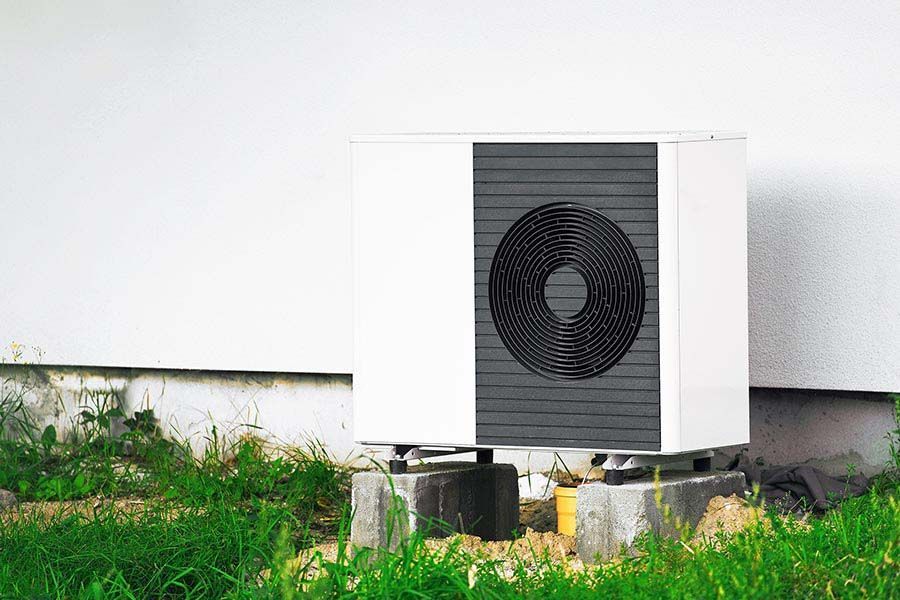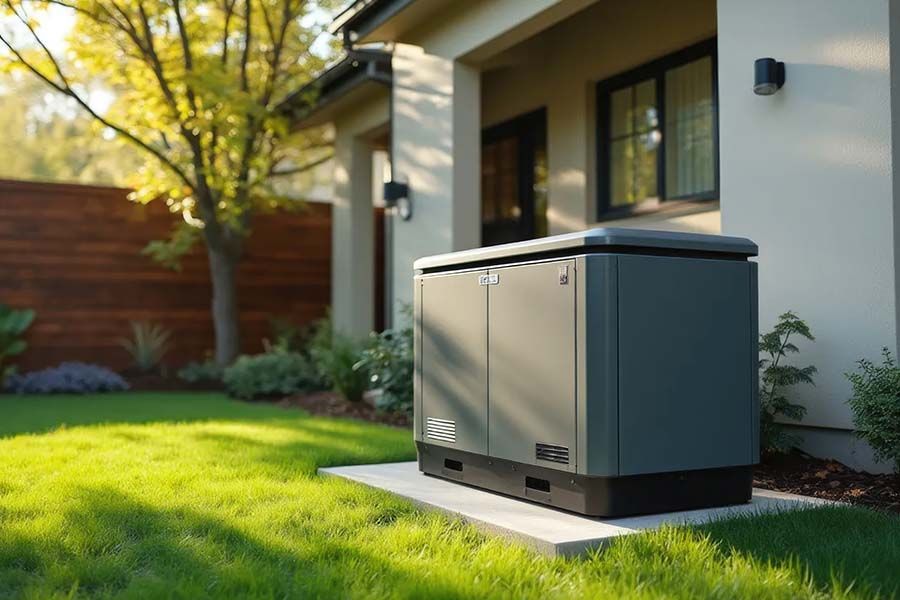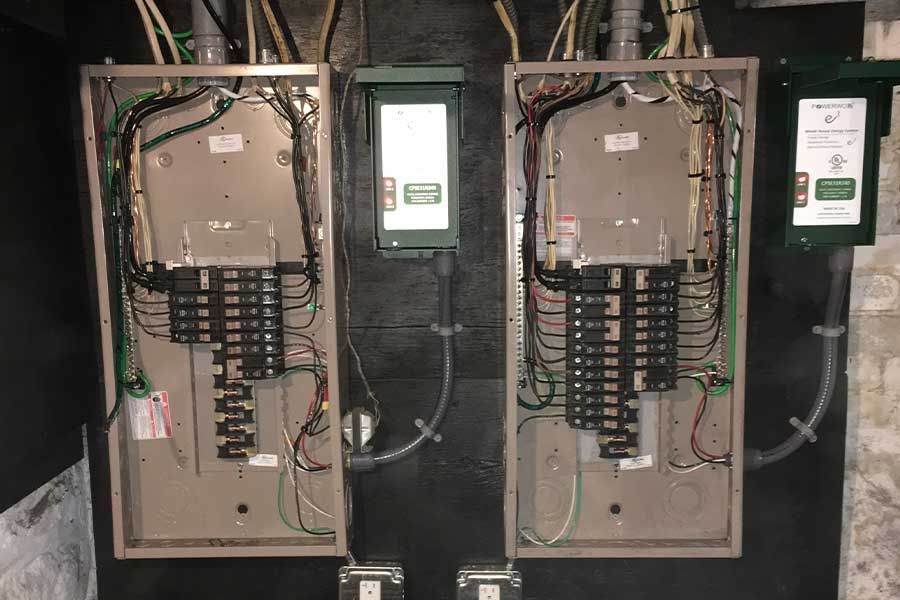Frozen Pipes 101: Prevention, Detection, and Quick Fixes
As the winter chill settles over Thiensville, the risk of frozen pipes becomes a pressing concern for homeowners and businesses alike. Understanding how to prevent, detect, and quickly fix frozen pipes is crucial to maintaining the integrity of your plumbing system and avoiding costly repairs. At Professional Services, we are committed to helping you take your home's comfort to the next level by providing expert advice and solutions tailored to colder climates.
Prevention: Your First Line of Defense
Preventing frozen pipes begins with proactive measures. The key is to ensure that your pipes are well-insulated and protected from the harsh winter elements. Here are some effective strategies:
- Pipe Insulation: Insulating your pipes is one of the most effective ways to prevent them from freezing. Use foam pipe insulation sleeves or heat tape to cover exposed pipes, especially those in unheated areas like basements, attics, and garages.
- Seal Cracks and Openings: Inspect your home for any cracks or openings that could allow cold air to reach your pipes. Use caulk or spray foam to seal these gaps, particularly around windows, doors, and where pipes enter your home.
- Maintain a Consistent Temperature: Keep your thermostat set to the same temperature during the day and night. This helps prevent the temperature inside your home from dropping too low, reducing the risk of frozen pipes.
- Let Faucets Drip: During extreme cold spells, let a trickle of water run from faucets connected to exposed pipes. This keeps water moving through the pipes, making it less likely to freeze.
Detection: Recognizing the Early Signs
Early detection of frozen pipes can save you from significant damage and inconvenience. Here are some signs to watch for:
- Frost on Pipes: Visible frost on the exterior of pipes is a clear indicator that they are at risk of freezing.
- Reduced Water Flow: If you notice a sudden decrease in water pressure or flow, it could be a sign that your pipes are starting to freeze.
- Unusual Sounds: Listen for strange noises, such as banging or clanking, which may indicate that ice is forming inside the pipes.
Quick Fixes: Addressing Frozen Pipes
If you suspect that your pipes have frozen, it's important to act quickly to minimize damage. Here are some steps you can take:
- Turn Off the Water Supply: Locate your main water shut-off valve and turn it off to prevent water from flowing into the frozen section and potentially causing a burst.
- Thawing Frozen Pipes: Use a hairdryer, heat lamp, or portable space heater to gently warm the frozen section of the pipe. Start from the faucet end and work your way back to the frozen area. Never use an open flame or torch, as this can damage the pipes and create a fire hazard.
- Call for Emergency Plumbing Services: If you're unable to thaw the pipes yourself or if a pipe has burst, it's time to call in the professionals. At Professional Services, our team of experienced plumbers is ready to provide emergency plumbing assistance to quickly resolve the issue and prevent further damage.
Expert Advice for Colder Climates
Living in a colder climate like Thiensville requires extra vigilance when it comes to plumbing maintenance. Regular inspections and maintenance can help you stay ahead of potential issues. Consider scheduling a professional plumbing maintenance check with us to ensure your system is in top condition.
Conclusion: Protect Your Home with Professional Services
Frozen pipes are a common winter woe, but with the right knowledge and proactive measures, you can protect your home or business from this costly problem. At Professional Services, we offer expert plumbing services and free consultations to help you safeguard your property. Don't wait until it's too late—contact us today to learn more about how we can assist with your plumbing, heating, and cooling needs. Let us help you keep your home comfortable and safe all winter long.
You might also like







